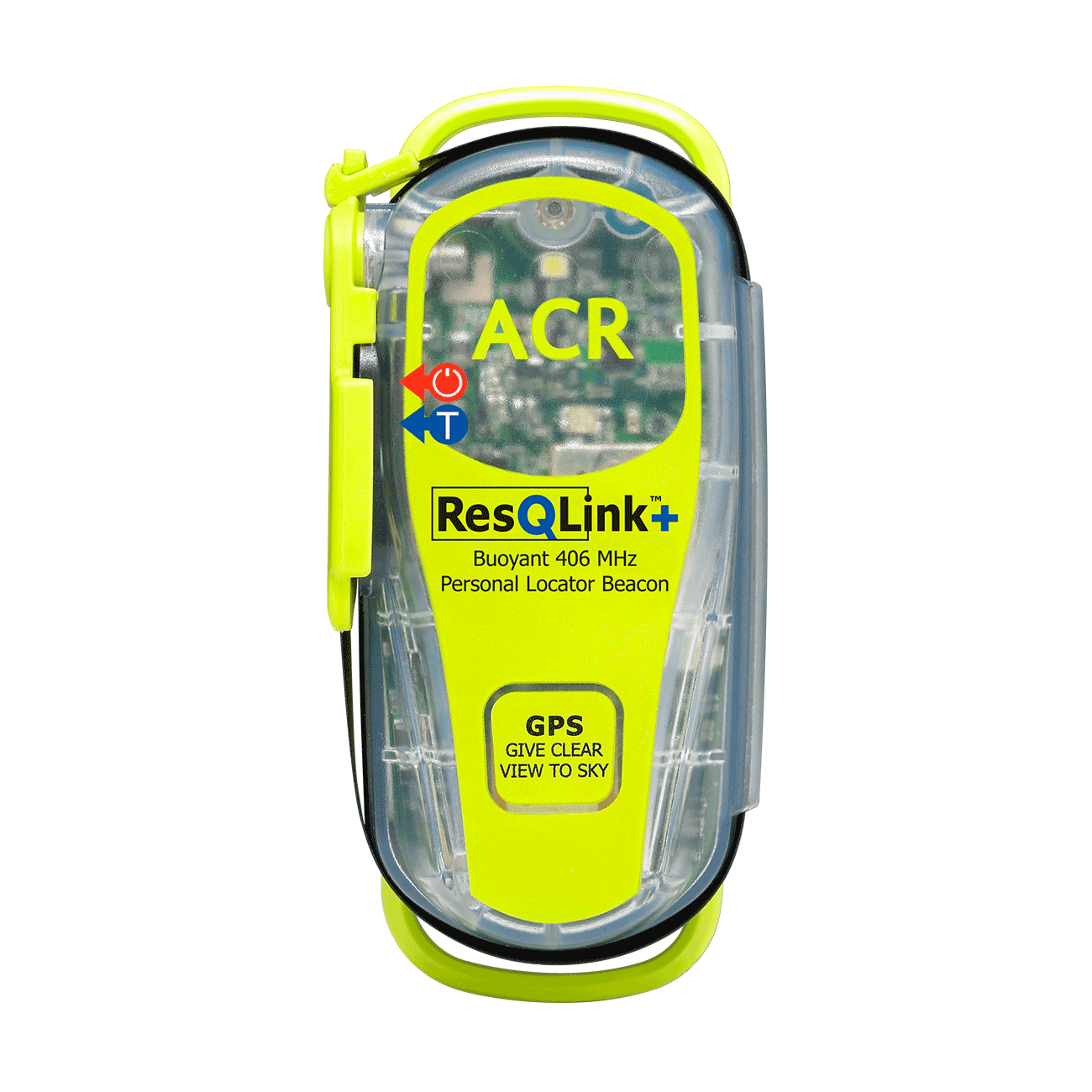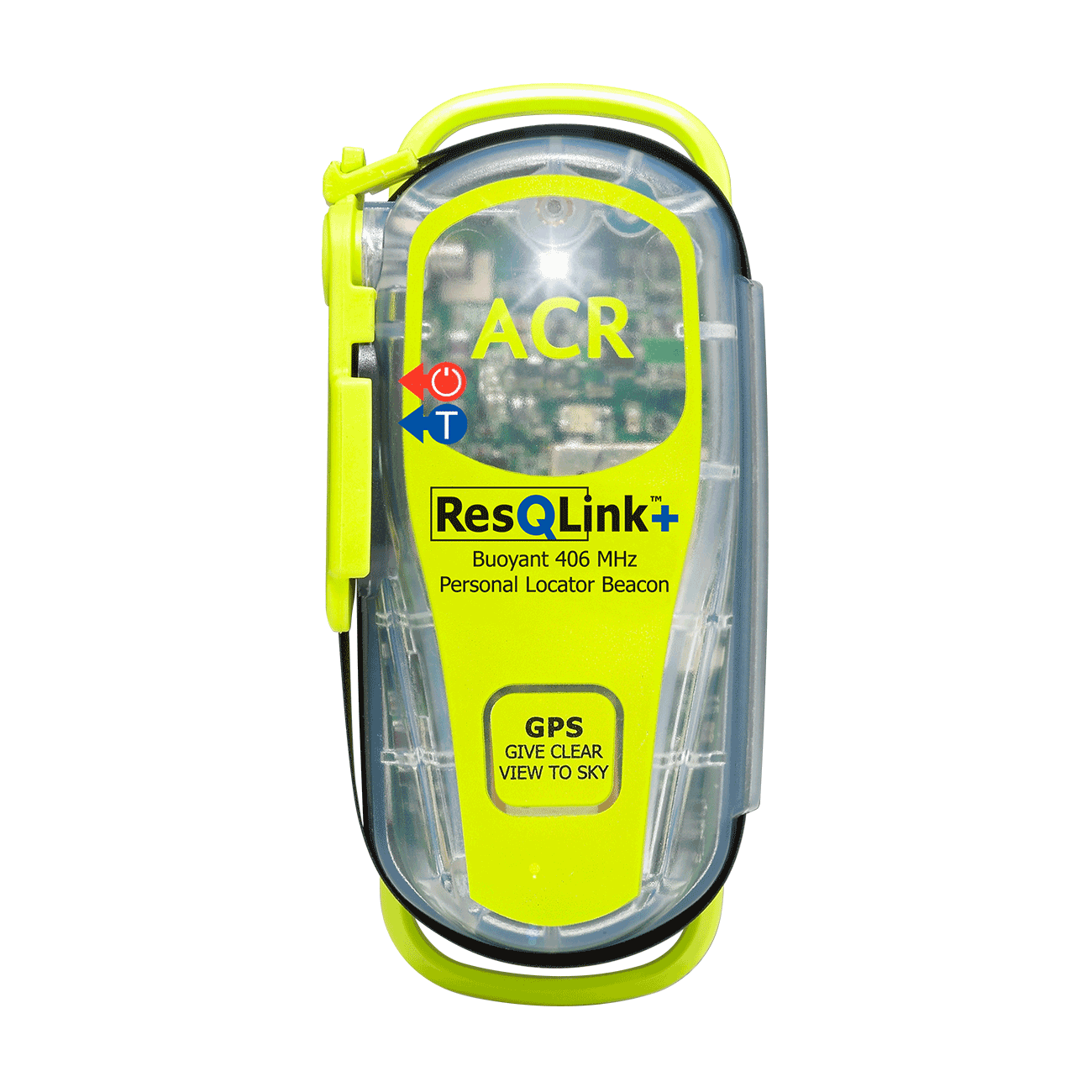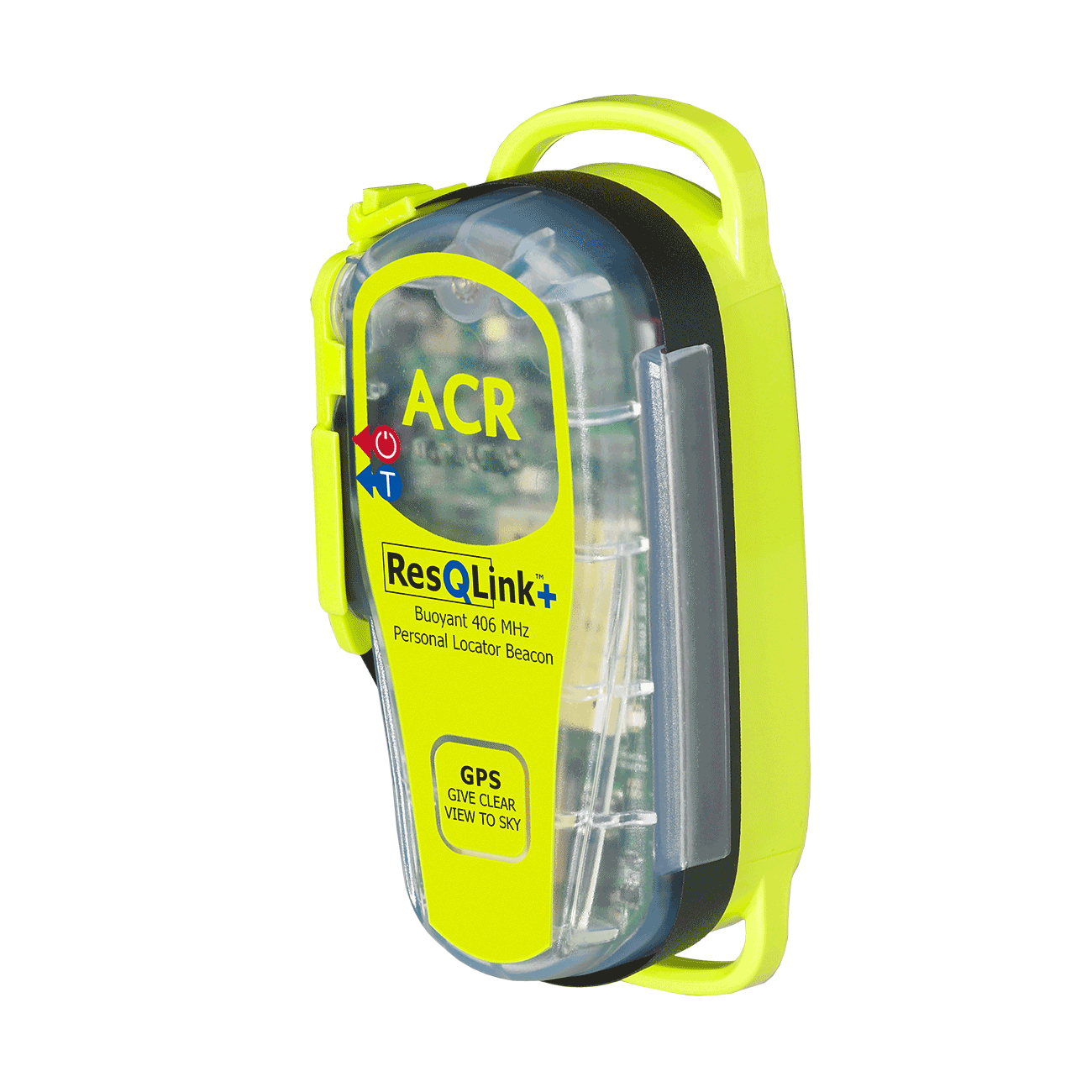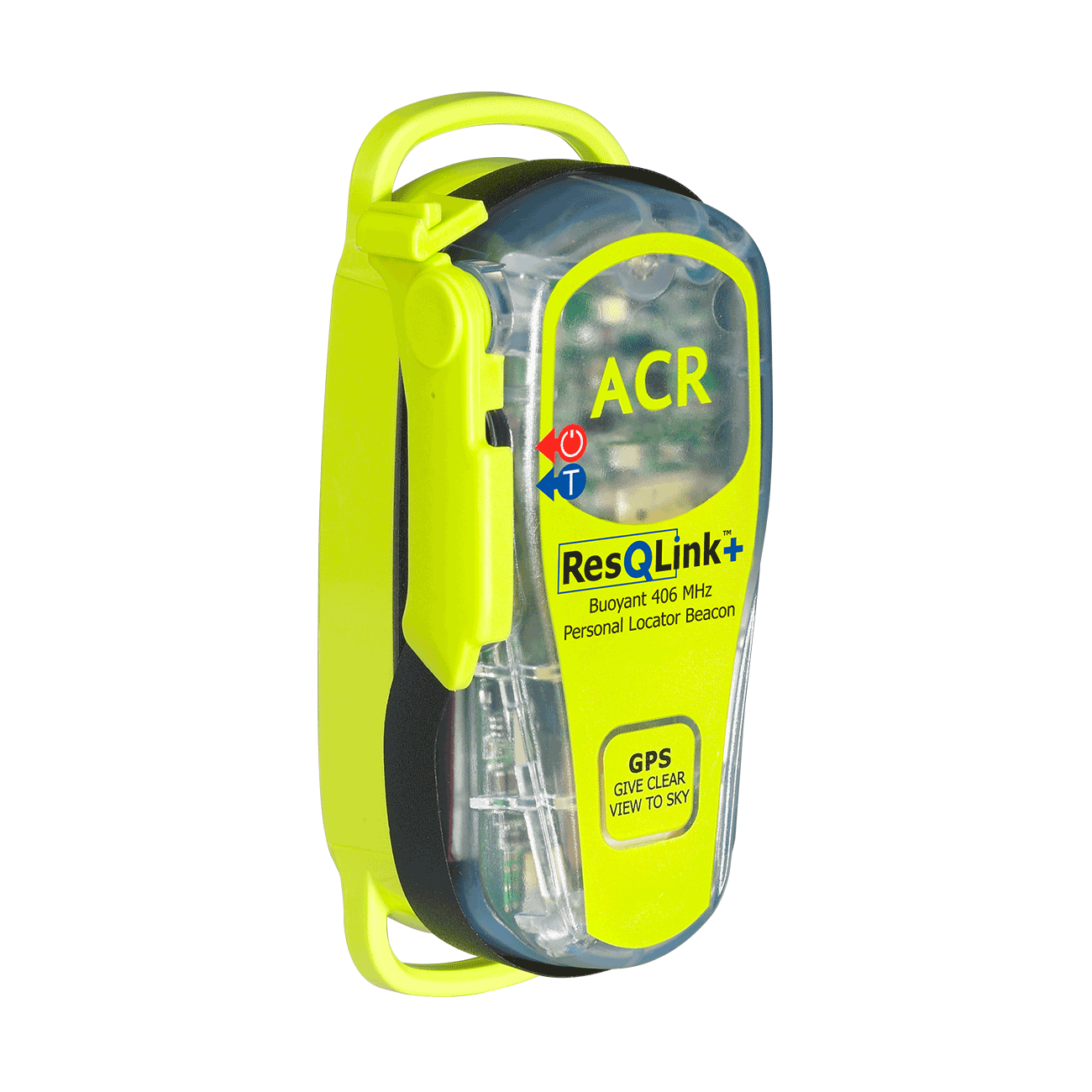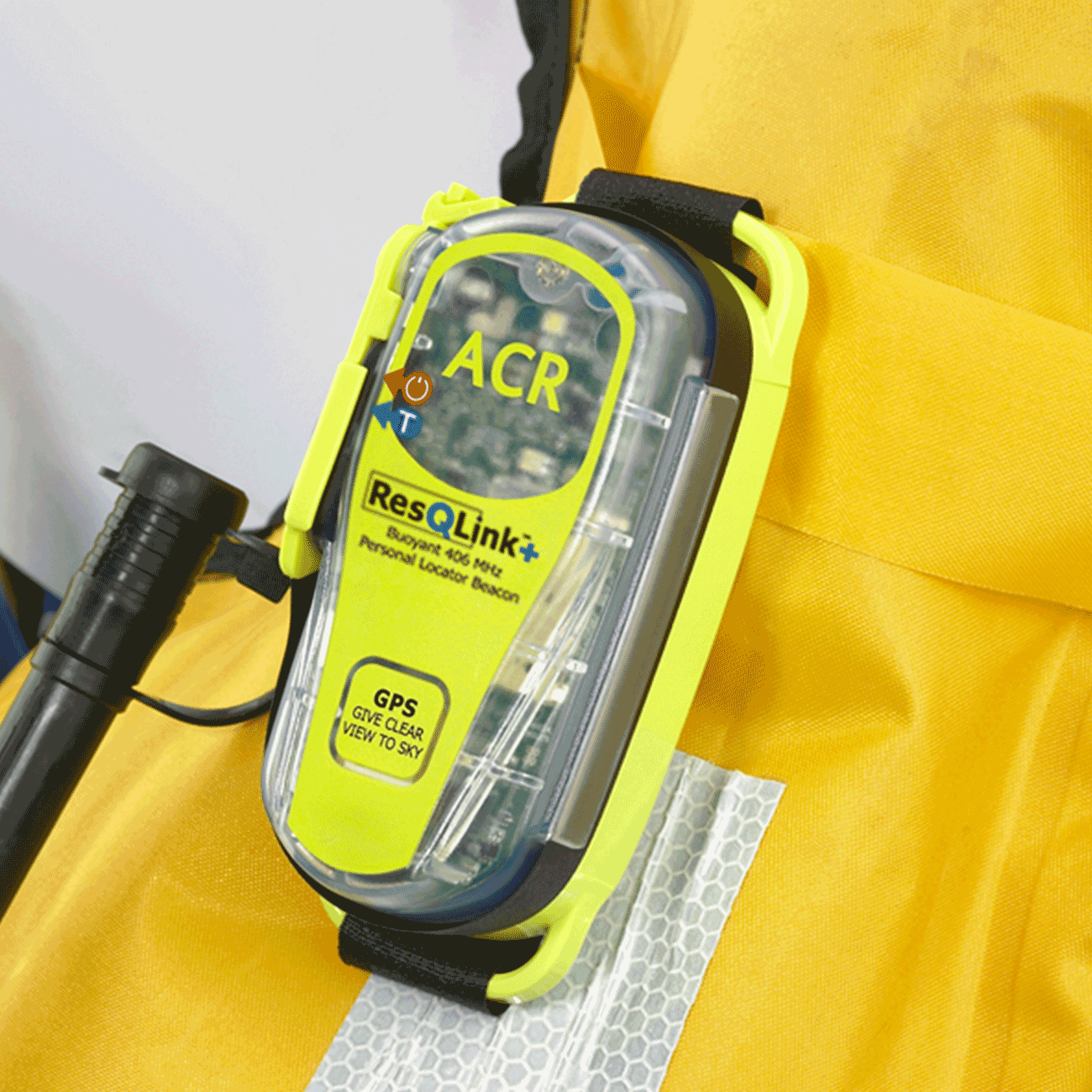Lives saved
2
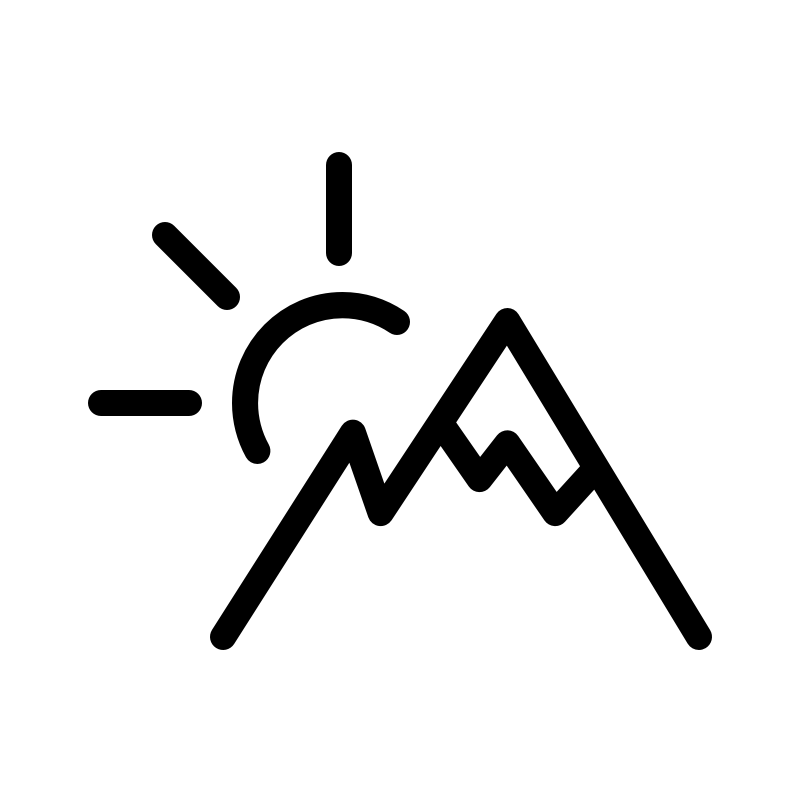
Climbing

Mountain

Weather

Snow
Mount Sefton
-43.6825°S, 170.0425°E
Posted on May 3, 2018 by Sacchettini
What happened?
We planned on climbing Mount Sefton (3151m) thru its north Ridge starting in the NZ South Island West coast’s famous Copland Track, in the Copland valley.
We reached the Douglas rock hut on the friday 8th of may at night, our base camp, set off at 4.30 am the next morning to climb the circa 2400m of ascent from the Douglas rock hut (650m) to the top of Mt Sefton (3151m). While most of the route (up to 2500m of altitude) was a rock buttress, and the glacier ground was going only from 2500m to the top 3151m, so only 650m of ascent on Glacier ground, it proved to be in very bad condition, with many big crevasses as soon as reaching 2750m. While we quickly realized we had to give up on the summit (circa 2800m) crossing towards the west ridge (normal route, our descent route in this case, the only one possible) proved to be a very time consuming and complicated task.
Indeed it required down and then up climbing into the crevasses themselves. While we reached the glacier around 12am, it took us 4.5 hours to get on top of the Douglas Neve, the beginning of our descent. We then realised we could not safely make it down the broken Glacier (about 2,5 km to traverse with many wide crevasses). While technically feasible, it was still a very big risk to take at night. Also being stranded at 2800m of altitude spending the night there without a bivvy (since we planned on a one day summit bid), was looking like a risky option too since the NZ weather can proove to be changing extremely quickly on the west coast.
After a consultation with my climbing partner, we decided our condition while not injured was a reasonable ground for using our locator and avoid spending the night in negative temperatures and possible strong winds.
We triggered the beacon at 5pm, the rescues attempted a night vision approach at 8pm, in vain too risky for them. They came back the next morning at 8.30am after a long 13 hours spent on Mt Sefton. We were very cold and running out of water and food but very lucky to have a very good wind-less weather that night.
What we have learnt from this experience :
We have not done enough research on the glacier state at this time of the year and given that the summer had been very dry an warm, then we got caught…
Our CV/mountaineering experience:
My climbing partner has a 9 years extensive experience as a rock climber and mountaineer in the European Alps, can climb at a high level in the french 7 rock grade = NZ 23-24 rock grade, he has climbed many 4000m+ summits in Europe, and has climbed in 5 months time only about 10 major NZ peaks, without any problems, amongst others the most famous : Mt Tasman, Mt Aspiring, Mt La Perouse, Mt De La Beche, The Footstool, Mount Tutoko.
Myself: I have a 6 years climbing experience in the EU Alps and in Scotland, I have climbed various peaks from 2000 to 4000m in the Alps with many multipitch technical routes, and have climbed 3 peaks in NZ in a 2 months time frame: North Peak (near Mount Arrowsmith along the Rakaia river, Moka Atua (Mount Cook range), and Mount Brewster.
What we can recommend :
Always do get several advice and opinion on a given route, glacier or summit. Ask the D.O.C, a mountain guide company like Adventure Consultant or Aspiring guides, ask the rescue guides Mount Cook or elsewhere their opinion, about the route, the weather conditions, the glacier conditions, the rock fall risks etc.
We think that if we had done so, they would have not recommended for us to attempt that route at this time of the season. We both had a positive and trouble free experience of previous NZ peaks in the top 100 highest peaks of NZ all with a glacier and with technical climbing (we tackled Mount Brewster through a direct route).
We want to insist on the fact that this account of our rescue story is being made with no glorying after thoughts or will to do so. We are not really proud of having required rescues and endangered the Mount Cook Rescue Staff lives for that purpose.
We highly Encourage anyone that ventures on high NZ peaks to do thorough research on the conditions and routes EVEN if VERY experienced in NZ or in the Europeand Alps, American Mountains, or anywhere else in the world.
An extensive local experience and therefore knowledge of conditions whether is is in NZ or elsewhere in the world is compulsory.
Last but not least 2 or 3 opinions and advices are always better than just 1.
Words of wisdom
What we can recommend: Always get several pieces of advice and opinions on a given route, glacier or summit. Ask the D.O.C, a mountain guide company like Adventure Consultant or Aspiring guides, ask the rescue guides Mount Cook or elsewhere their opinion, about the route, the weather conditions, the glacier conditions, the rock fall risks etc.
We think that if we had done so, they would have not recommended for us to attempt that route at this time of the season. We both had a positive and trouble free experience of previous NZ peaks in the top 100 highest peaks of NZ all with a glacier and with technical climbing (we tackled Mount Brewster through a direct route).
Thank you note
Thank you ACR!
Rescue location
Mount Sefton
Rescue team
Local Search and Rescue
ResQLink™+
Go to product details- Buoyant
- LED strobe light
- Self Test
- 66 Channel GPS
- Easy emergency activation
- Antenna clip
Out of stock

